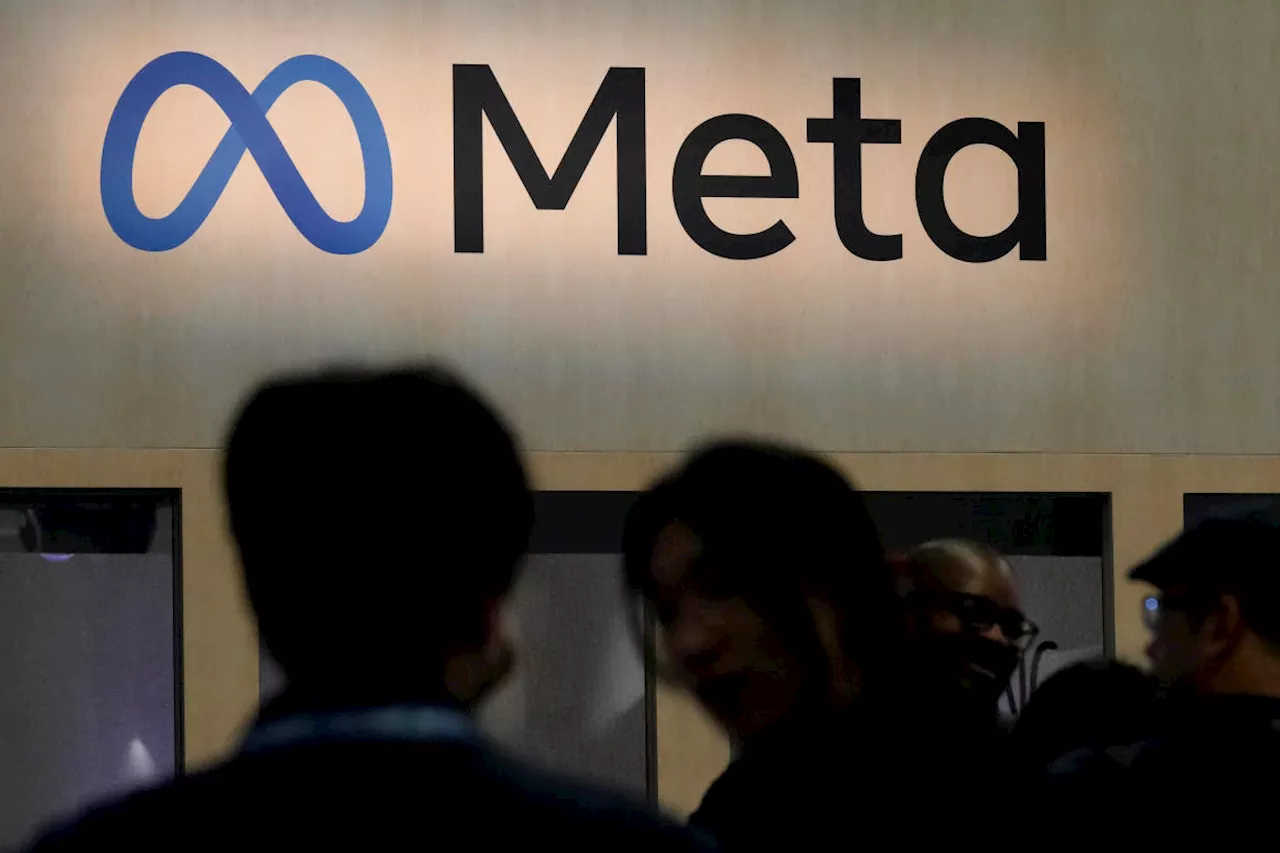Meta, the parent company of Facebook and Instagram, is ending its third-party fact-checking program and replacing it with Community Notes, a user-generated fact-checking system similar to Twitter's. Meta cited concerns about biases among expert fact-checkers and the volume of content flagged for review as reasons for the change.
Read full article: FEMA assistance, SBA disaster loan deadlines for Florida hurricane survivors end todayRead full article: St. Augustine to celebrate Arbor Day with tree giveaway, special performancesPolitics & Power: If 2024 was a year of political disruption, will 2025 be a year of political reformation?
“We’ve seen this approach work on X – where they empower their community to decide when posts are potentially misleading and need more context,” Meta's Chief Global Affairs Officer Joel Kaplan said in a blog post. The social media company also said it plans to allow “more speech” by lifting some restrictions on some topics that are part of mainstream discussion such as immigration and gender in order to focus on illegal and “high severity violations" like terrorism, child sexual exploitation and drugs.
Meta Facebook Instagram Fact-Checking Community Notes
United States Latest News, United States Headlines
Similar News:You can also read news stories similar to this one that we have collected from other news sources.
 Meta Ditches Third-Party Fact-Checkers, Embraces Community NotesMeta, the parent company of Facebook, Instagram, and Threads, is replacing third-party fact-checkers with a Community Notes program inspired by X (formerly Twitter). The move, spearheaded by Meta's new policy chief Joe Kaplan, aims to empower users to identify potentially misleading content and provide context. Community Notes will first launch in the US within the next few months, displaying unobtrusive labels indicating additional information. Meta is also restructuring its trust and safety teams, relocating them from California to Texas and other US locations. The company plans to relax restrictions on topics like immigration and gender identity and reintroduce political content to user feeds with a more personalized approach.
Meta Ditches Third-Party Fact-Checkers, Embraces Community NotesMeta, the parent company of Facebook, Instagram, and Threads, is replacing third-party fact-checkers with a Community Notes program inspired by X (formerly Twitter). The move, spearheaded by Meta's new policy chief Joe Kaplan, aims to empower users to identify potentially misleading content and provide context. Community Notes will first launch in the US within the next few months, displaying unobtrusive labels indicating additional information. Meta is also restructuring its trust and safety teams, relocating them from California to Texas and other US locations. The company plans to relax restrictions on topics like immigration and gender identity and reintroduce political content to user feeds with a more personalized approach.
Read more »
 Meta Ditches Third-Party Fact-Checking, Embraces Community NotesMeta Platforms is making significant changes to its content moderation policies, including the elimination of third-party fact-checking and the adoption of a 'Community Notes' system. The company aims to 'restore free expression' by empowering users to rate and provide context to posts. This move also involves lifting restrictions on sensitive topics and relocating content moderation teams.
Meta Ditches Third-Party Fact-Checking, Embraces Community NotesMeta Platforms is making significant changes to its content moderation policies, including the elimination of third-party fact-checking and the adoption of a 'Community Notes' system. The company aims to 'restore free expression' by empowering users to rate and provide context to posts. This move also involves lifting restrictions on sensitive topics and relocating content moderation teams.
Read more »
 Meta Ditches Fact-Checkers, Embraces 'Community Notes' and Lifts Content RestrictionsMeta announced it will end its third-party fact-checking program and replace it with a 'Community Notes' system, similar to one used on X. The company is also easing content restrictions on sensitive topics like immigration and gender.
Meta Ditches Fact-Checkers, Embraces 'Community Notes' and Lifts Content RestrictionsMeta announced it will end its third-party fact-checking program and replace it with a 'Community Notes' system, similar to one used on X. The company is also easing content restrictions on sensitive topics like immigration and gender.
Read more »
 Meta Ditches Third-Party Fact-Checking for Community NotesMeta Platforms, the parent company of Facebook and Instagram, announced the termination of its third-party fact-checking program, opting instead for a user-generated fact-checking system called Community Notes.
Meta Ditches Third-Party Fact-Checking for Community NotesMeta Platforms, the parent company of Facebook and Instagram, announced the termination of its third-party fact-checking program, opting instead for a user-generated fact-checking system called Community Notes.
Read more »
 Meta Ditches Fact-Checking, Embraces 'Community Notes' and Relaxed Content PoliciesMeta announced the end of its third-party fact-checking program, replacing it with a 'Community Notes' system similar to X (formerly Twitter). The company is also lifting restrictions on political content and sensitive topics like immigration and gender. CEO Mark Zuckerberg cited 'political bias' among fact-checkers and a shift in public sentiment towards prioritizing free speech.
Meta Ditches Fact-Checking, Embraces 'Community Notes' and Relaxed Content PoliciesMeta announced the end of its third-party fact-checking program, replacing it with a 'Community Notes' system similar to X (formerly Twitter). The company is also lifting restrictions on political content and sensitive topics like immigration and gender. CEO Mark Zuckerberg cited 'political bias' among fact-checkers and a shift in public sentiment towards prioritizing free speech.
Read more »
 Meta Ditches Fact-Checking, Embraces Community Notes for Content ModerationMeta Platforms, formerly Facebook, is shifting away from its fact-checking program and embracing a community-driven approach to content moderation inspired by X (formerly Twitter). CEO Mark Zuckerberg announced the change, citing concerns about the accuracy and potential for censorship by complex algorithms.
Meta Ditches Fact-Checking, Embraces Community Notes for Content ModerationMeta Platforms, formerly Facebook, is shifting away from its fact-checking program and embracing a community-driven approach to content moderation inspired by X (formerly Twitter). CEO Mark Zuckerberg announced the change, citing concerns about the accuracy and potential for censorship by complex algorithms.
Read more »
